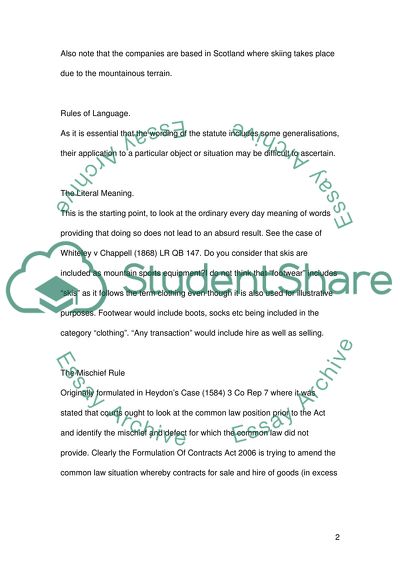Cite this document
(The Deal between Colonsay and Alpine Case Study, n.d.)
The Deal between Colonsay and Alpine Case Study. https://studentshare.org/law/1725402-cw1
The Deal between Colonsay and Alpine Case Study. https://studentshare.org/law/1725402-cw1
(The Deal Between Colonsay and Alpine Case Study)
The Deal Between Colonsay and Alpine Case Study. https://studentshare.org/law/1725402-cw1.
The Deal Between Colonsay and Alpine Case Study. https://studentshare.org/law/1725402-cw1.
“The Deal Between Colonsay and Alpine Case Study”. https://studentshare.org/law/1725402-cw1.


